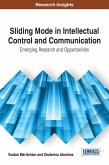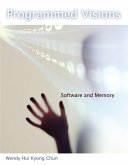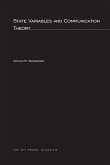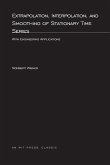Integrating the disparate disciplines of descriptive cataloging, subject cataloging, indexing, and classification, the book adopts a conceptual framework that views the process of organizing information as the use of a special language of description called a bibliographic language. Instant electronic access to digital information is the single most distinguishing attribute of the information age. The elaborate retrieval mechanisms that support such access are a product of technology. But technology is not enough. The effectiveness of a system for accessing information is a direct function of the intelligence put into organizing it. Just as the practical field of engineering has theoretical physics as its underlying base, the design of systems for organizing information rests on an intellectual foundation. The subject of this book is the systematized body of knowledge that constitutes this foundation. Integrating the disparate disciplines of descriptive cataloging, subject cataloging, indexing, and classification, the book adopts a conceptual framework that views the process of organizing information as the use of a special language of description called a bibliographic language. The book is divided into two parts. The first part is an analytic discussion of the intellectual foundation of information organization. The second part moves from generalities to particulars, presenting an overview of three bibliographic languages: work languages, document languages, and subject languages. It looks at these languages in terms of their vocabulary, semantics, and syntax. The book is written in an exceptionally clear style, at a level that makes it understandable to those outside the discipline of library and information science.
Hinweis: Dieser Artikel kann nur an eine deutsche Lieferadresse ausgeliefert werden.
Hinweis: Dieser Artikel kann nur an eine deutsche Lieferadresse ausgeliefert werden.

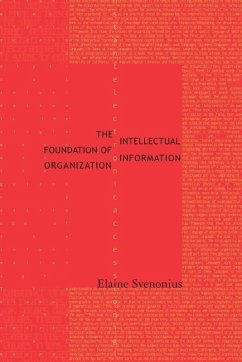
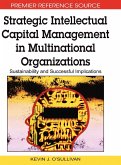
![Remarks on the Foundation of Mathematics [Bemerkungen Uber Die Grundlagen Der Mathematik] Remarks on the Foundation of Mathematics [Bemerkungen Uber Die Grundlagen Der Mathematik]](https://bilder.buecher.de/produkte/41/41200/41200339n.jpg)
